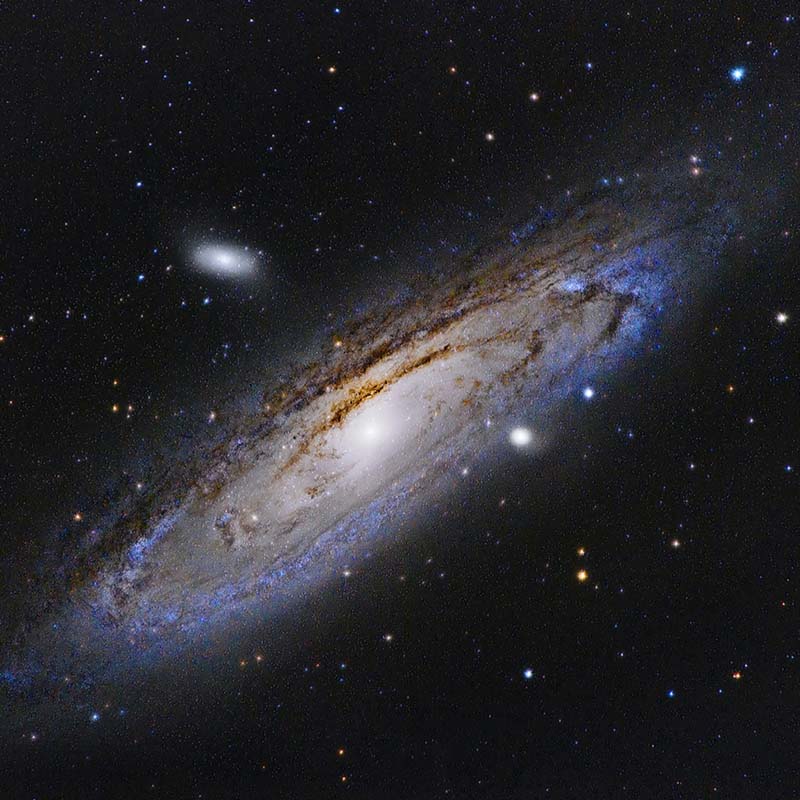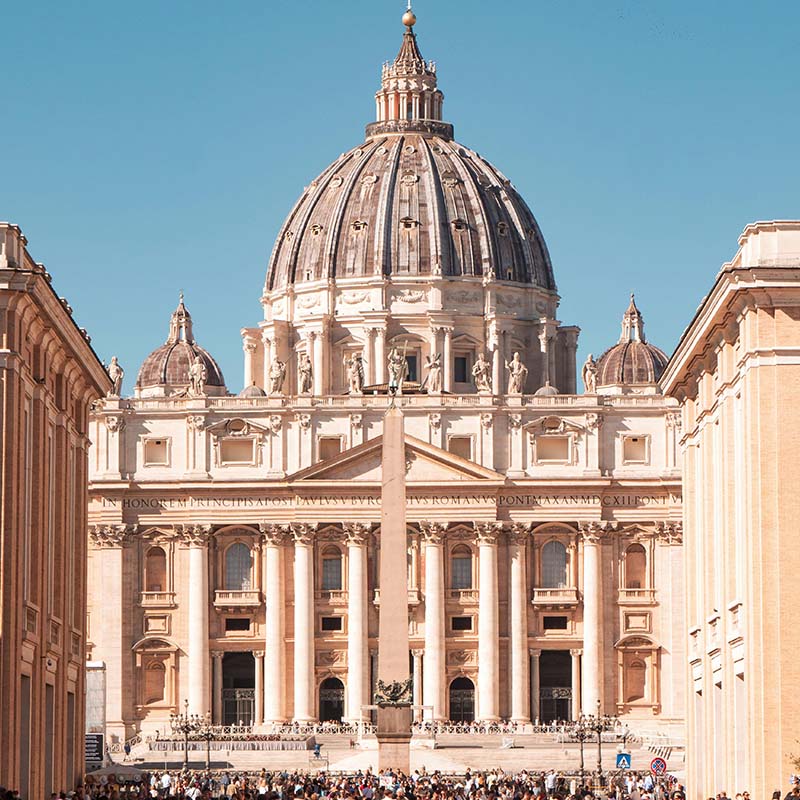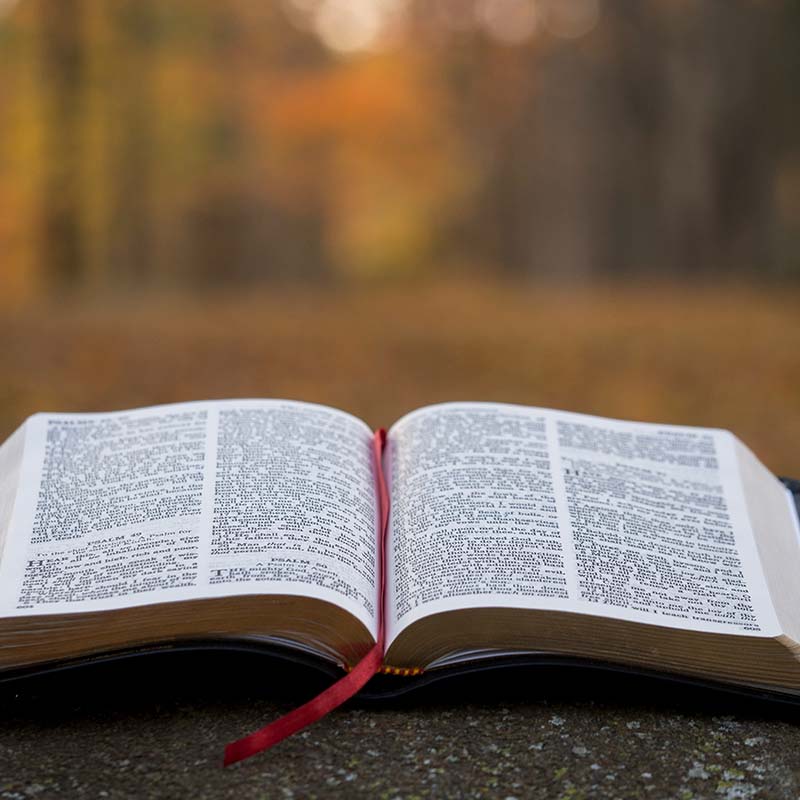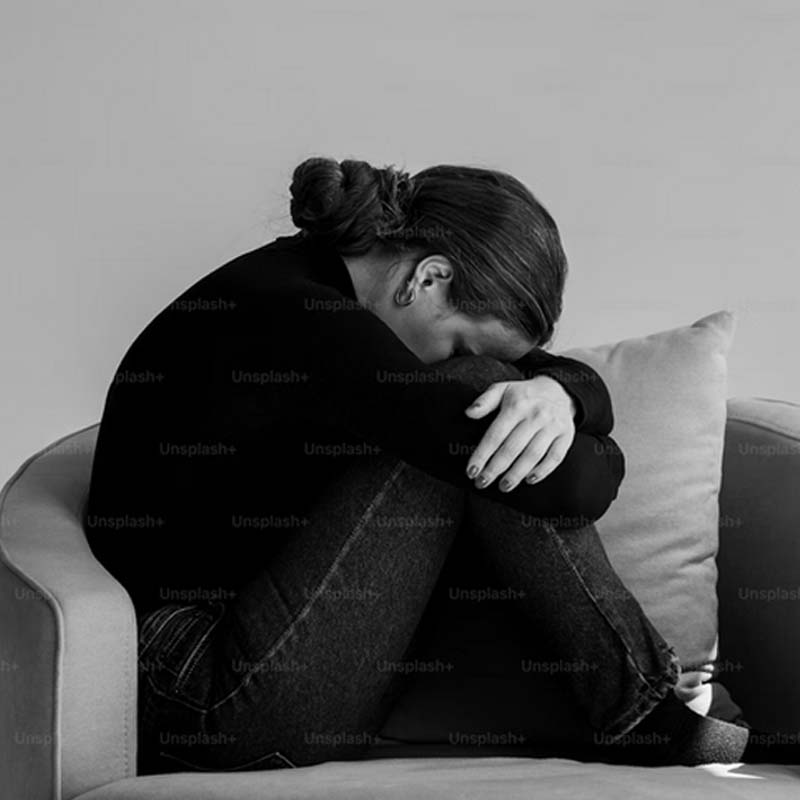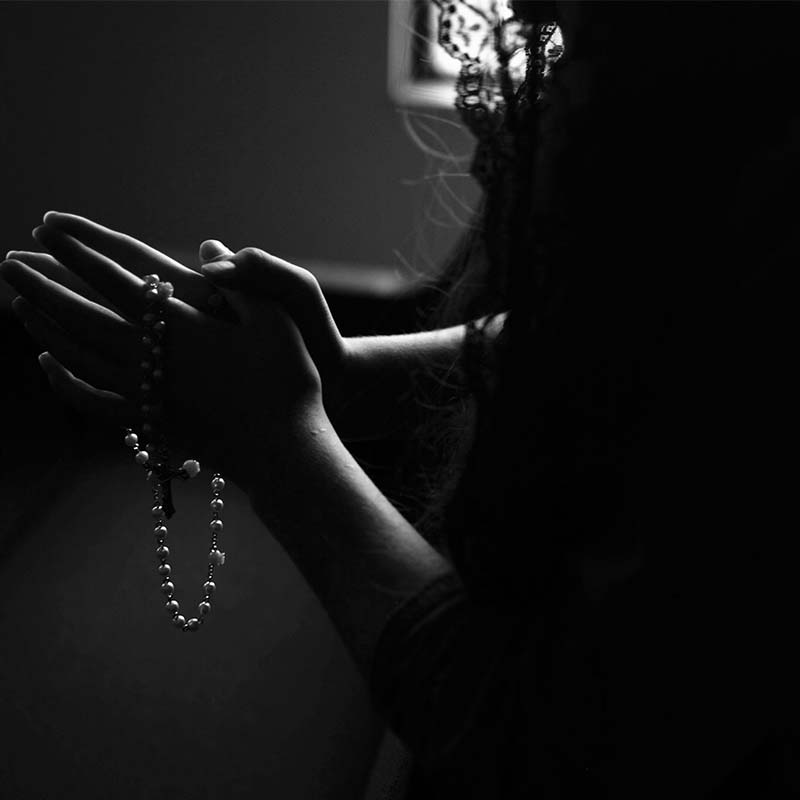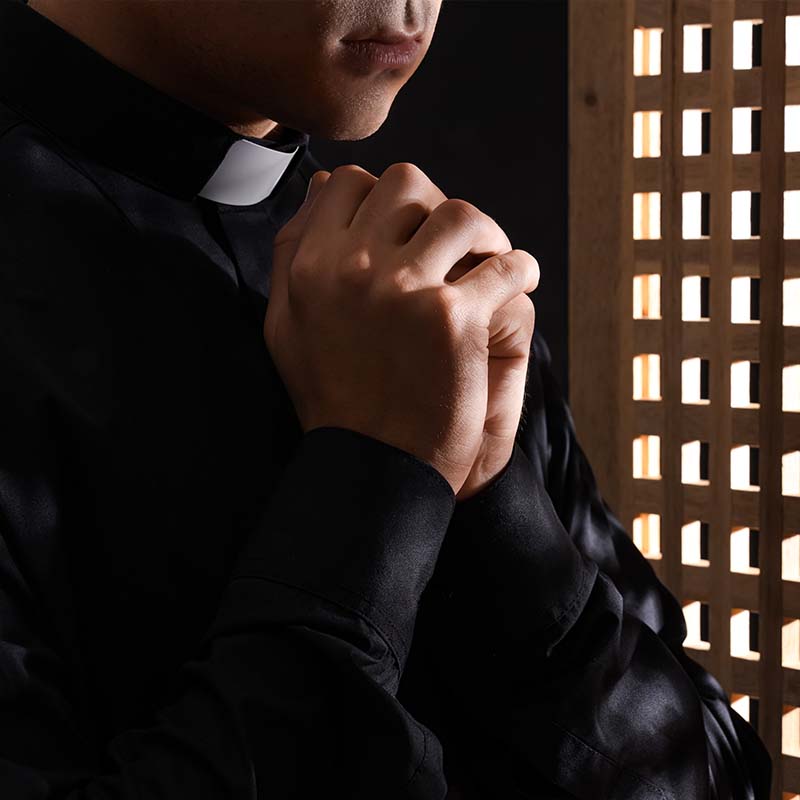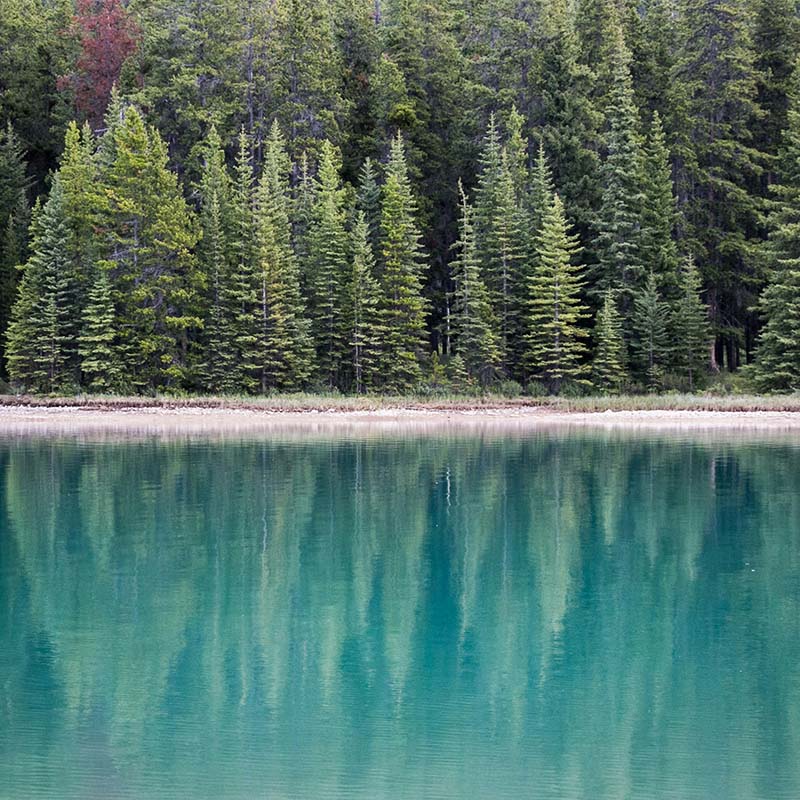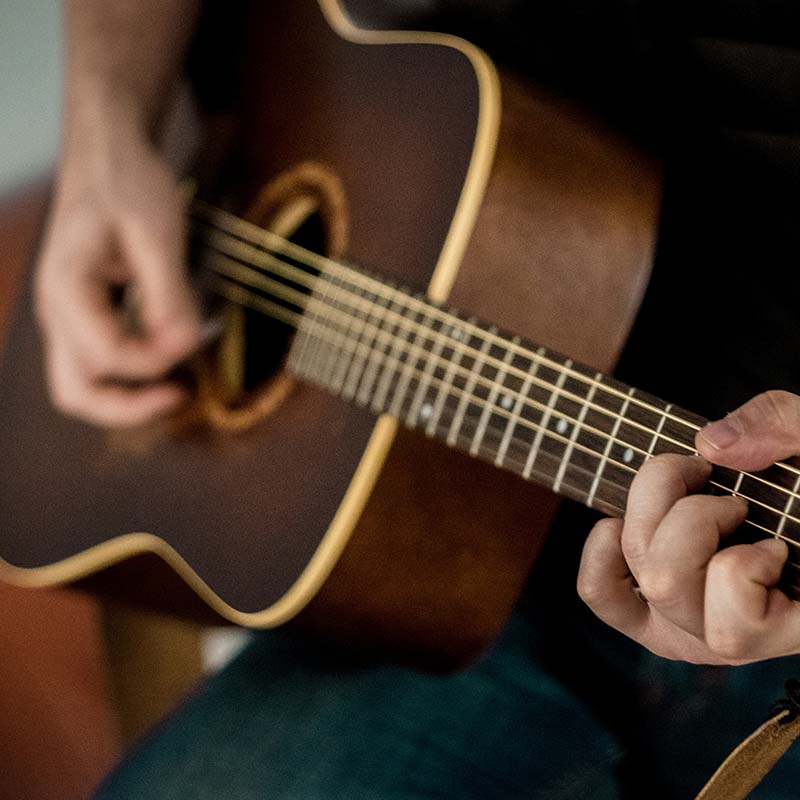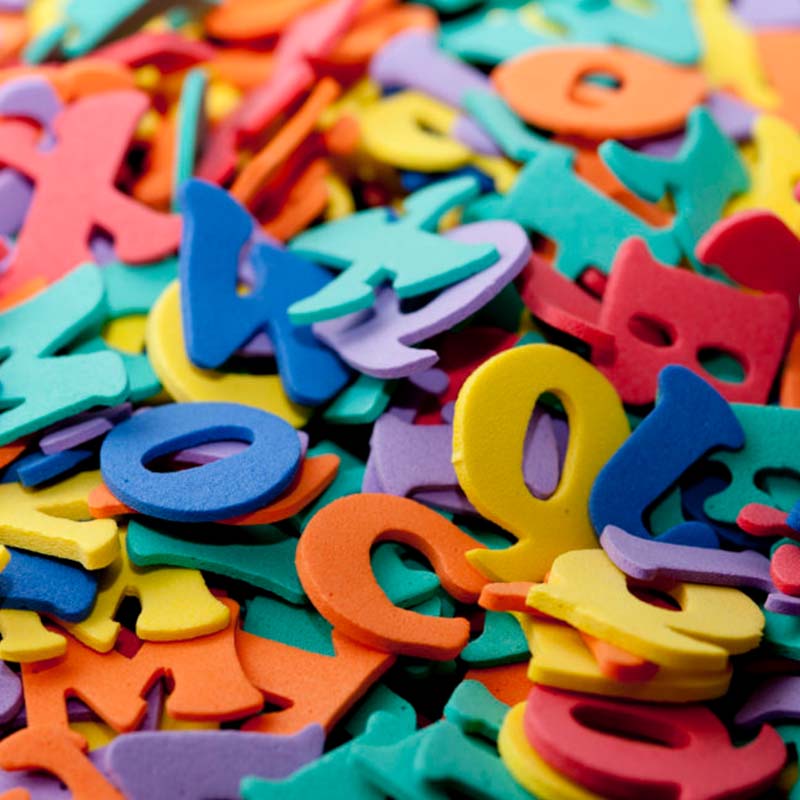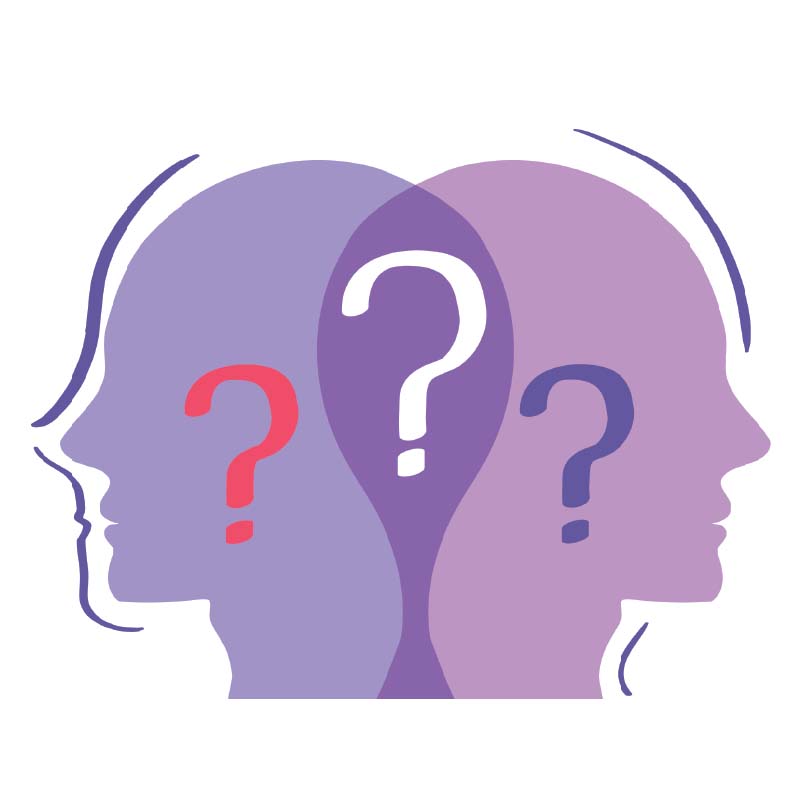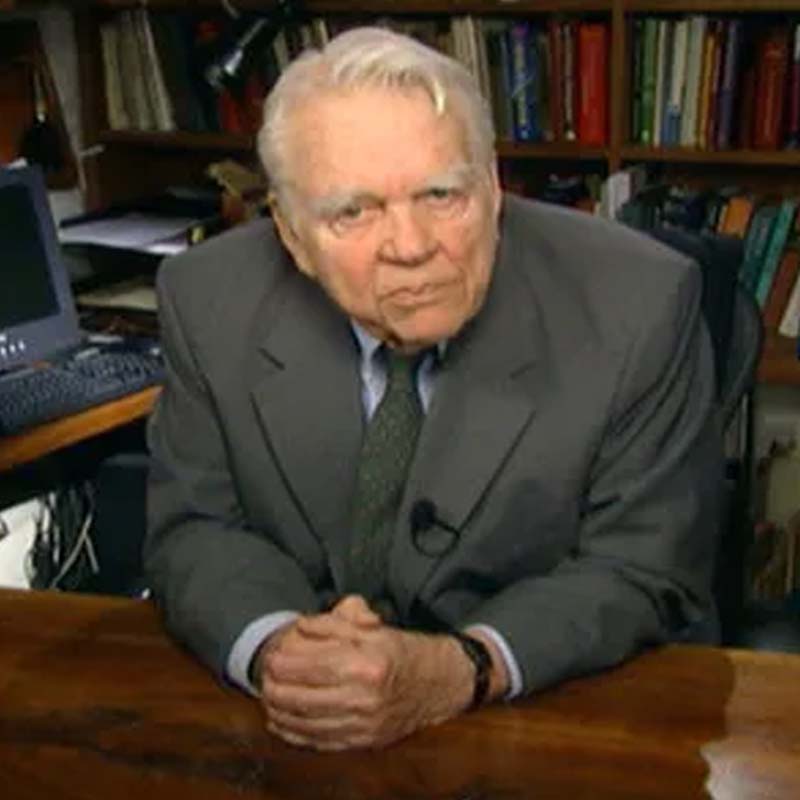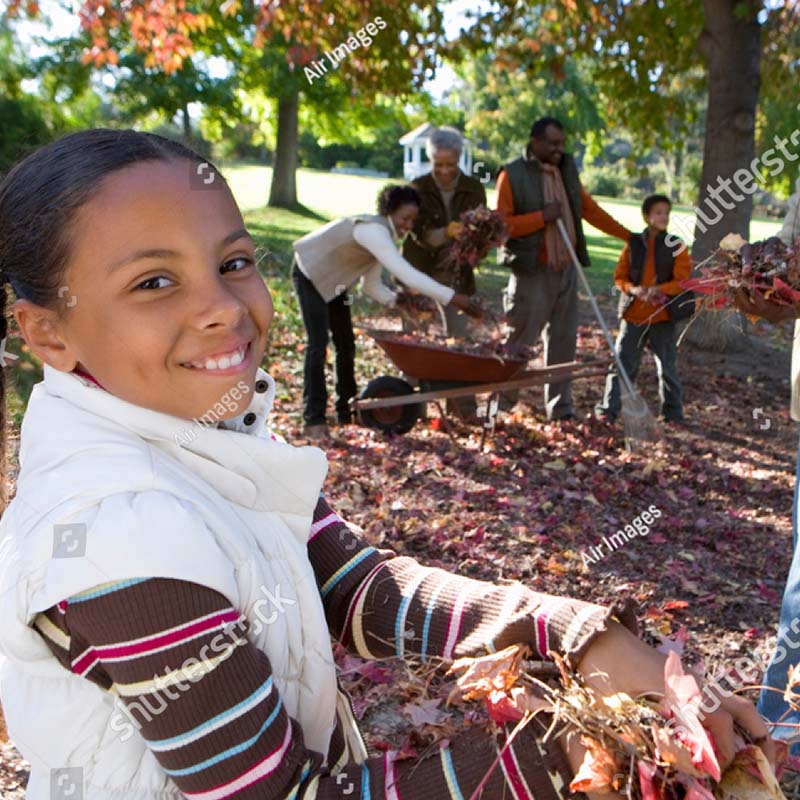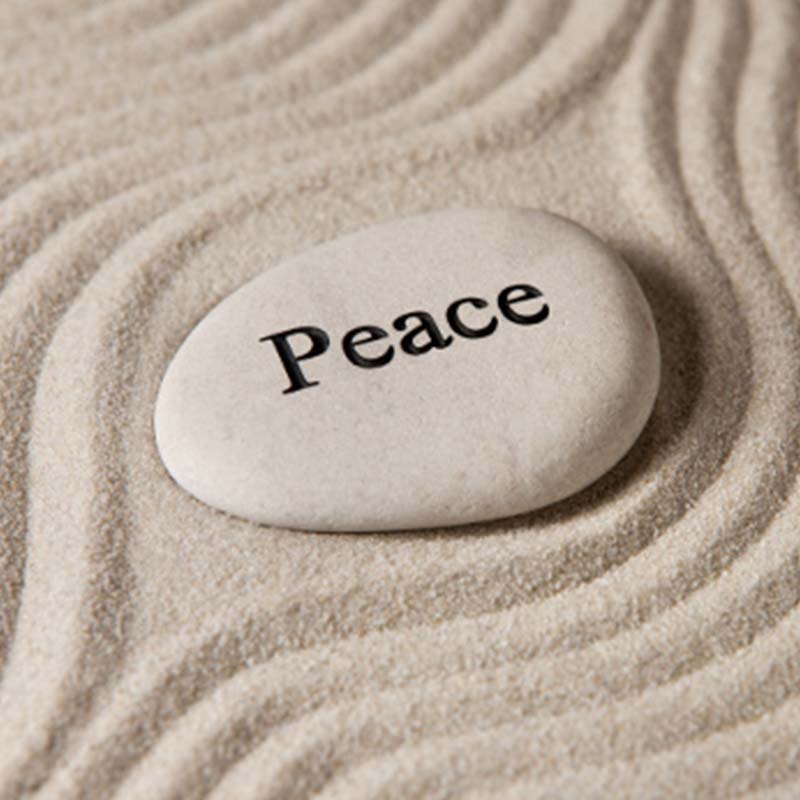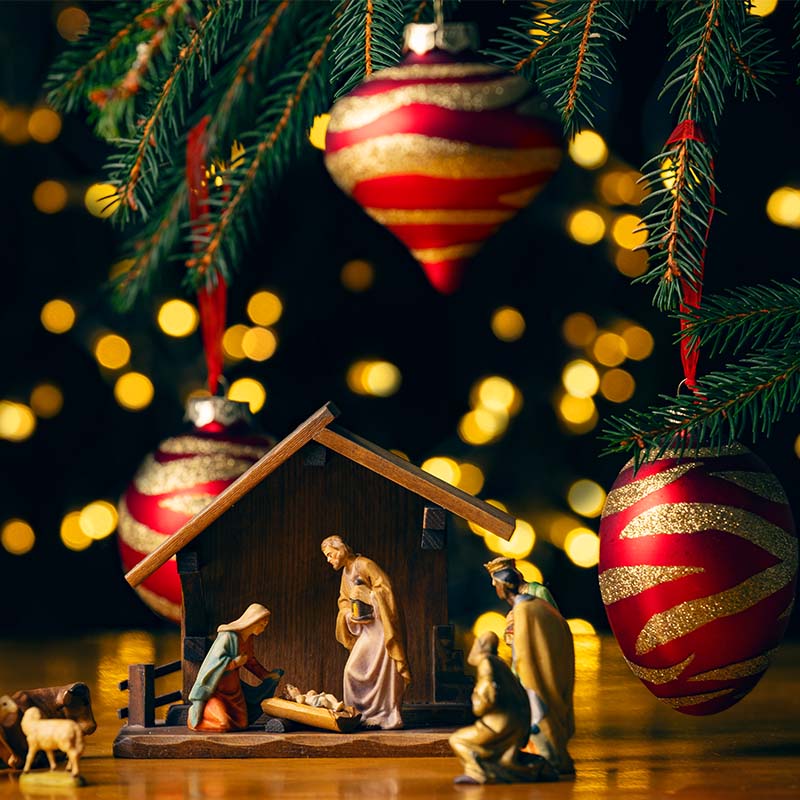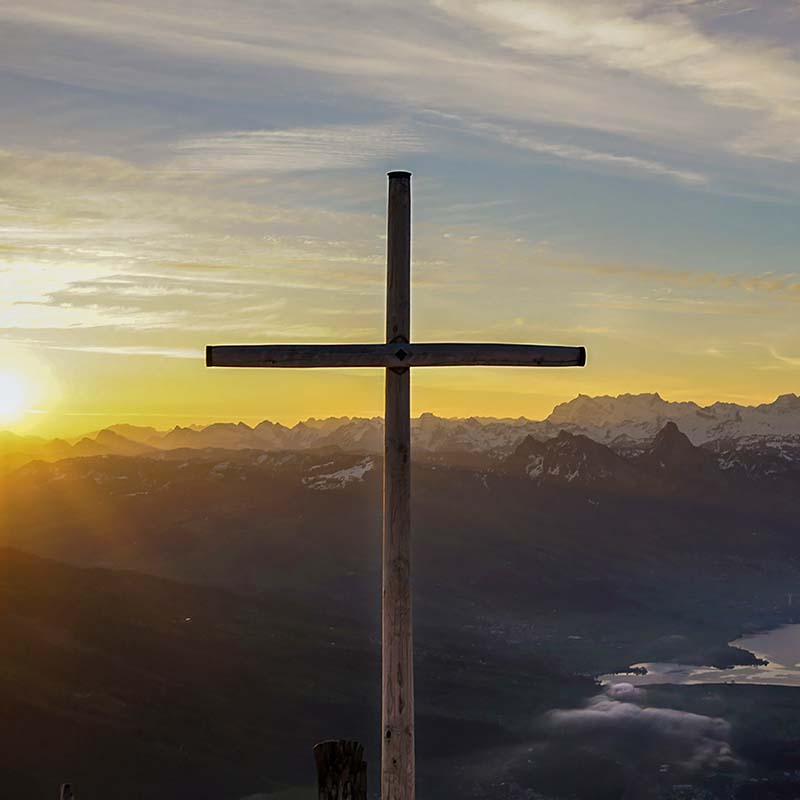
One of my sons lives in Seattle with his wife and three children. On a recent phone call with his 9 year old son, Judah, I asked him to tell me about his favorite home school activity during the pandemic. He introduced me to a You Tube Channel with 3.78 million subscribers called “What If?”. Each episode highlights a hypothetical question about some aspect of science in our universe to stir the imagination. His favorite was “What if we dumped our trash into volcanoes?” That drew 13 million other viewers. Naturally the imagination of his grandfather, whose blog “views life and the world through a different lens,” was stoked by this channel, too. Not sufficiently, mind you, to watch his 4:26 video. Though I was able to carve out 6:47 to watch the “What If We Never Aged?” episode. Go figure.
Subsequently, I’ve noodled further on “What Ifs” and eventually arrived at this one: “What if we really are living in the last chapter of life on our planet?” Before you scoff and click on Judah’s You Tube channel, bear with me just for a moment. I’m not intending to analyze the cataclysmic events in our lifetime against the backdrop of Biblical prophecy. Although when we rang in the new year of 2020, could any of us possibly have imagined a global crisis demanding the unilateral response of the 7.8 billion human beings living on the planet (and the three living in the International Space Station)?
I’m simply asking you to consider this: if you knew that our planetary existence was in fact coming to an end (as it must at some point, after all) in the foreseeable future, how would you live differently?
The questions on our minds and lips might no longer be: “How much longer before we can get back to normal life?” Or even, “I wonder what the new normal will look like?” But more like, “How do I want to live my last chapter?” And more broadly, “How do we as a human race want to close our story?”
A Different Question
Before we tackle that, perhaps a less daunting question. What has been dominating your thinking of late? Anxiety over the loss of retirement funds? Resentment over the restrictions of containment? Anger over the contentious behavior of political figures? Frustration over the lack of swift medical solutions? These might apply if you are more insulated from COVID-19.
For those of you in harm’s way as front line workers or due to job loss or plummeting income, the questions are certainly more urgent. Am I going to contract the virus? How can I protect my loved ones? Will I lose my housing? Can I put enough food on the table?
Regardless of our widely divergent circumstances, all of us are facing one common foe: fear. To be sure the corona virus itself is an intimidating enemy. But fear is no less formidable. And so we are faced with a choice. To yield to fear allowing it to determine our thoughts, decisions, and actions. Or to put our trust in a God we cannot see.
When the apostles panicked in the midst of a storm on the Sea of Galilee, they shook Jesus awake to save them, and he calmed the torrents and winds immediately. (Mt. 8: 23-27) If we turn to Jesus when we are overwhelmed by fear, do we believe that he will calm the storm in us too? The choice is before us. We can focus on the waves and the wind that are threatening to capsize our boat – representing our lives, our families, our jobs – or we can awaken Jesus. If we wake him with our anxious prayers, we are likely to hear his words to Jairus – “Fear is useless. What is needed is trust” (Lk. 8:50)
Fear or Faith
This pandemic, more than anything else, has exposed the one fear that no man, woman, or child has ever escaped: the fear of death. But the author of Hebrews assures us that the death and resurrection of Jesus was to “free those who all their lives were held in slavery by the fear of death.” (Heb. 2: 15) (my emphases)
The fear of death drove Peter to deny Jesus and all the apostles to flee at his arrest. It kept the disciples locked in an upper room even after seeing the risen Jesus multiple times. Not until the Holy Spirit empowered them at Pentecost were they emboldened to proclaim the Good News. Trust overcame fear. Surrender to a God, who is Love, replaced existential dread. Faith in the promises of Jesus Christ gave them the courage to carry on His mission without fear for their lives.
Which brings us back to our original “What If?” question. What if we knew that our global human community and our very planetary existence was nearing its end. How would we live differently?
Outbreak or Break Out
Perhaps God is using this outbreak (not causing it) to give the world an unprecedented (last?) chance to break out. A chance to break out of our routines, out of our busy-ness, out of the things that consume our time and energy in order to re-examine our lives. And ultimately, a chance to break out of our sin – the one thing that separates us from God.
What if a break out from sin led to an outbreak of love? What if love trumped sin as in 1 Peter 4:8 – “Above all, hold unfailing your love for one another since love covers a multitude of sins.” (RSV)
What if I chose to live differently by imitating St. Therese of Lisieux? “What matters in life,” she wrote, “is not great deeds, but great love.” She believed that just as a child becomes enamored with what is in front of her at the moment, we should also have a childlike focus that gives full attention to love. Her spirituality was one of doing the ordinary, with extraordinary love. That’s my answer. I want to live my ordinary life in an extraordinary way.
What about you? The containment restrictions will start lifting soon. This window of opportunity is closing. In the time it has taken you to read this post, another 220 persons will have breathed their last.* What if this is the final chapter of life on earth? How do you want your story to end?

*using the current estimated death rate of 1.8 persons per second.

